 Nelson Mandela led the ANC to power 30 years ago. Photo: GREG MARINOVICH
Nelson Mandela led the ANC to power 30 years ago. Photo: GREG MARINOVICH
Nelson Mandela's presence still hangs heavily over Soweto, more than 10 years after the death of South Africa's unifying father.
Buses carrying visiting tourists park outside the gated home he shared with his wife Winnie, and shop at the stalls that sell souvenirs and memorabilia.
p>
The sprawling 77-square-mile settlement (an acronym for South West Townships) was not only once Mandela's home, but also a stronghold of the fight he led against apartheid.
It was here that the 1976 student protest called The «Soweto Uprising» opened the first serious cracks in white rule.
Then, 30 years ago this weekend, as democracy overthrew apartheid, people lined up hundreds of yards long to vote for Mandela's African National Congress (ANC) party because it promised a bright new era.
But now With the ANC facing elections again, the disillusionment with the party in Soweto is palpable.
During a visit last week, few of the black residents The Telegraph spoke to admitted they intended to throw in their toes with Mandela's party . .
Tired of unemployment, corruption, entrenched poverty and years of broken promises, they would either vote for the opposition or abandon politics entirely, they said.
Itumuleng Moloi, a fashionably dressed 43-year-old unemployed woman who previously voted for the ANC, said she will make a change this year.
» Now we have lost hope, so I am going to vote for one of the opposition parties,” she said.
Thabo Mbatha, a tall, lean 48-year-old, says he will choose the opposition, the Democratic Alliance, in this year's elections «because they will give us a better life.»
Meanwhile, when asked, who he will vote for, Thembikosi Zikubu, who makes a living selling mobile phone accessories, looks at the campaign poster of disgraced former President Jacob Zuma.
Mr Zuma, who led the country party and was president of the ANC from 2009 to 2018 before being removed from office following corruption allegations against him, quit the party and founded his own.
On Asked if he was concerned about the allegations against Mr Zuma, Mr Ziqubu shrugged and replied: “All [politicians] did the same thing.”
Unemployed people line a Cape Town street hoping to find some odd job. Photo: NIC BOTHMA/REUTERS
South Africa will hold what many call the country's most important election on May 29 this year. 30 years.
The ANC has governed single-handedly since 1994, but is expected to lose absolute power and be forced into a coalition as its share of the vote falls below half for the first time.
Based on 1912, the ANC has roots dating back to 1912. It is the oldest political movement in Africa and has dominated the country's politics for longer than most of its young population can remember.
But patience is wearing thin in a country grappling with some of the world's worst unemployment. power outages, collapsing infrastructure, an anemic economy, endemic crime and corruption.
Pearl Mncube, a political scientist, says this weekend's democracy anniversary celebrations will not stray from the government's current failings.
She said: “We cannot use the past and any nostalgia associated with it to avoid accounting for the present.”
“More and more South Africans are skeptical of the government's announcements due to the fact that it constantly announces grandiose plans without prioritizing the rapid implementation of these plans.”
The ANC experienced a long honeymoon after coming to power in 1994. Indeed, his share of the vote increased early in his administration, rising to 70 percent in 2004.
During the ANC's first 15 years in power, the Party oversaw the longest period of economic growth in history and expanded access to free housing, clean water and electricity.
That changed with the election of Mr Zuma in 2008. The global financial crisis slowed economic growth while Mr Zuma presided over a systematic plunder of the country that came to be known as state capture.
His allies and colleagues took control of ministries and state-owned enterprises, so budgets and assets could be stolen with impunity. The government estimates that around £21 billion was stolen.
Mr Zuma denied wrongdoing, but the ANC moved to remove him from office in 2018. He was later jailed for contempt of court for refusing to testify about the looting.
His successor, current President Cyril Ramaphosa, tried to reform and put his house in order, but proved indecisive and ineffective in the face of the problem.< /p> Cyril Ramaphosa is struggling to reverse the decline in support for the ANC. Photo: LEON SADIQI/BLOOMBERG
Cyril Ramaphosa is struggling to reverse the decline in support for the ANC. Photo: LEON SADIQI/BLOOMBERG
The ANC's vote share fell to 66 percent in 2009, 62 percent in 2014 and 58 percent in 2019.
The lack of impartial opinion polls is clouding forecasts for this year's results. However, analysts agree that the ANC will continue to fall below 50 percent. Forecasts range from forty-five to thirty-five.
Barney Mthomboti, one of the country's most widely read political commentators, says: «For many people the ANC has become part of their DNA, but the disappointment is serious.
«Our hopes were very high, and in the early years of the ANC's cause went well. I hope this election will be a turning point because I hope the ANC gets less than 40 percent so it behaves.»
Unemployment is high on the ANC's list of accusations for many, with around 32 per cent of adults unemployed.
The figures are heavily skewed by race; 36 percent of the black population is unemployed, compared to nine percent of the white population. Youth unemployment is even worse, at a staggering three out of five. The lack of jobs makes the country the most unequal in the world.
Presenting its economic manifesto on Friday, the Democratic Alliance, the largest opposition party, said the unemployment crisis was the ANC's «original sin» and a «crime against the people of South Africa.»
All the signs are clear. over Soweto. The streets are clean and tidy, but many people are loitering without work.
Mr Ziqubu cannot make ends meet by selling accessories for his phones and relies on loan sharks.
He said: “I had to quit my job a while ago because I wasn’t earning enough to cover travel costs. So life is hard.”
Mr Mbatha said: “I will do anything to earn money: clean a car, wash shoes, paint a wall, whatever. We have friends. We support each other. I'm so hungry.»
The economy was struggling to recover from Covid-19 restrictions when severe rolling blackouts dealt another blow two years ago. The failure to maintain or replace the country's aging coal-fired power stations has led to electricity rationing for 10 or 12 hours each day.
The cuts have eased and then disappeared in recent weeks, but there is widespread suspicion that this is an ANC election ploy that the government categorically denies.
 Democratic Alliance supporters in Johannesburg protest against electricity rationing. Photo: GALLO IMAGES
Democratic Alliance supporters in Johannesburg protest against electricity rationing. Photo: GALLO IMAGES
Meanwhile, crime rates are off the charts, with 84 murders a day, and basic government provision of health care, water, education and transport is at zero. often collapses.
Desperation for the ANC, especially among those who believe that life has not improved since apartheid and that too much money and power is still in the hands of whites, has led many poor young black voters to radical populists.
The Marxist Economic Freedom Fighters (EFF), an ANC splinter group, advocates the nationalization of mines and banks and the redistribution of wealth. Members of the organization in scarlet berets sing “Kill the Boer” at rallies. The party denies anti-white rhetoric.
Mr Zuma's new party UMkhonto weSizwe (MK), essentially another ANC breakaway, is an electoral unknown but appears to be occupying similar territory.
“No one can stop us now,” he told his supporters. a week. “We are the black children of this nation. We are taking back our country. We will make a difference.”
The party is believed to be likely to take away key votes from the ANC in KwaZulu-Natal, Mr Zuma's heartland.
The ANC, meanwhile, is trying to remind supporters of the party's achievements.
During a walk in Soweto this week, Thabo Mbeki, who has been president for much of the party's honeymoon, tried to rally voters. However, as a former critic of the corruption plaguing the ANC, he also could not hide his concerns.
He said: “I have not set aside my concerns. The concerns that people express, when people say, “We're not happy with this, the other, the ANC,” those concerns are genuine.
“We have to take care of them. That's why when I say vote for the ANC, we are also making a commitment to the people that we will deal with these issues within the ANC itself.»
 Mr Mbeki says he is dividing voters' concerns about his party Photo: SIPHIWE SIBEKO/REUTERS
Mr Mbeki says he is dividing voters' concerns about his party Photo: SIPHIWE SIBEKO/REUTERS
If the forecasts turn out to be correct and the ANC wins less than 50 percent of the vote, it will begin two weeks of frantic struggle to find a coalition.
The shape of this power-sharing will depend on how many votes the ANC gets. If he falls just below the threshold, he could likely make up the difference with electoral minnows.
Although the Democratic Alliance leads a large coalition of smaller parties that it hopes can dislodge the ruling party, the ANC may , will be able to separate them by promising to share power.
The Inkatha Freedom Party (IFP), most of which is based in KwaZulu-Natal and received 3.5% of the vote in 2019, is seen as the likely kingmaker in such a scenarios.
If the deficit is larger, the ANC will be forced to make much more difficult decisions about merging with larger parties.
Joining the radical EFF will alarm some of the more sober elements of the ANC and could sow panic among investors. and financial markets.
Joining Mr Zuma, who feels betrayed by the party that ousted him, may prove impossible.
Many in the ANC believe the Democratic Alliance is too right-wing and too whites to unite with.
Whatever the outcome, the ANC looks set to remain the largest force in South African politics. But this is unlikely to be enough for party leaders, who will continue to view the loss of full power as a failure. In such circumstances, Mr Ramaphosa's days may be numbered.
“I think you could see a split in the ANC if it doesn't get over 50 per cent on the whole idea of a coalition partner – who to go with,” said Mr Mthombothi.
“Power is the only glue that holds them together. As soon as they lose power, they will split.”




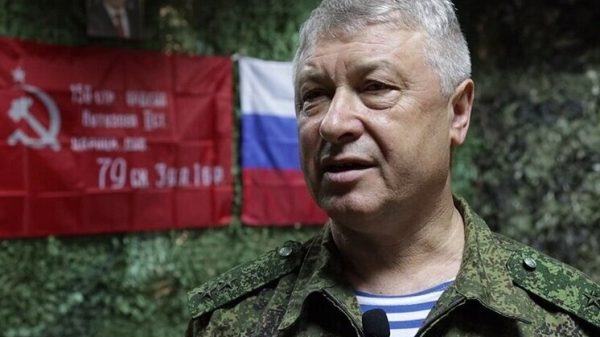
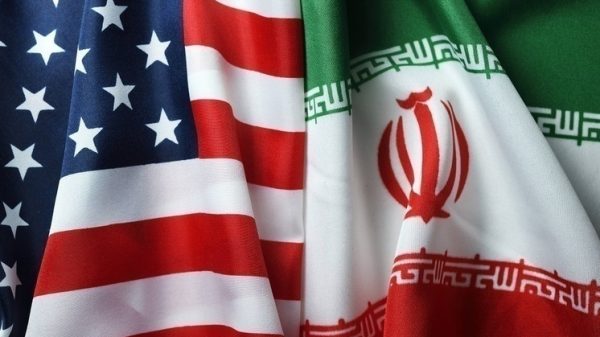








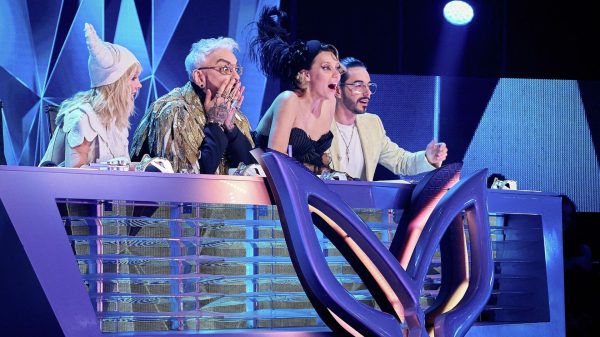










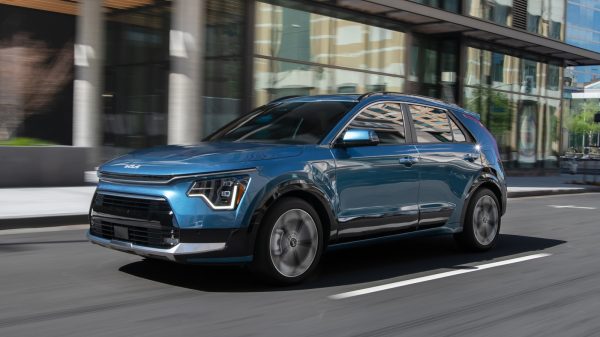
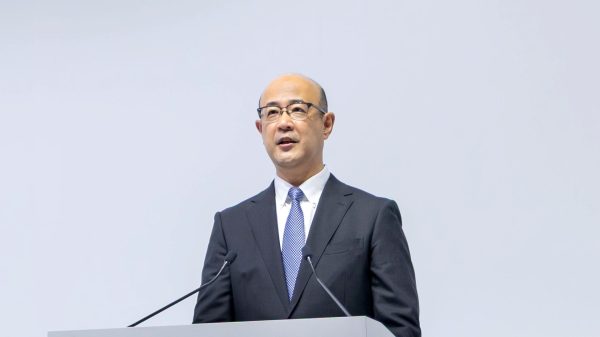
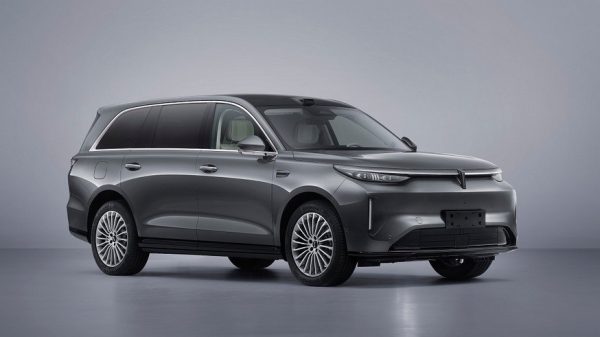
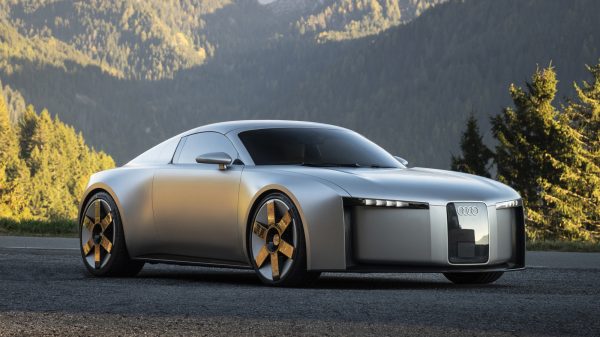
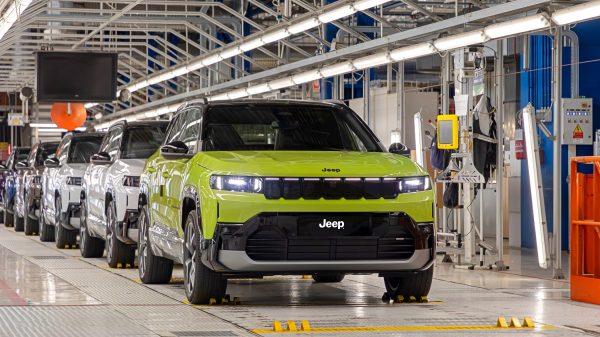























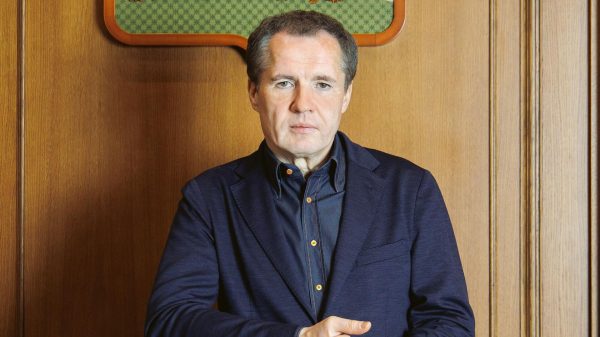

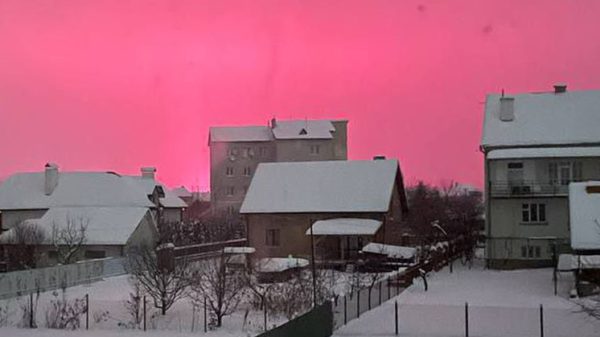
Свежие комментарии